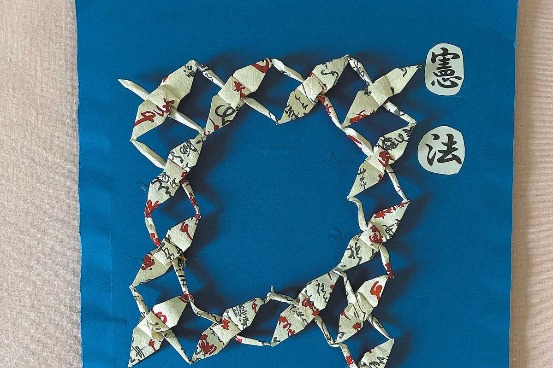Record 98 pregnant women in Tokyo infected with COVID-19 in July: survey

TOKYO -- A survey conducted by a university hospital director showed Monday that between April 2020 to July this year, a total of 460 pregnant women tested positive for the COVID-19 in Tokyo, and in last month, the monthly figure marked a record high of 98, local media reported Monday.
Akihito Nakai, the director at Nippon Medical School Tamanagayama Hospital, compiled the study, which followed the case of a COVID-19 positive pregnant woman in Kashiwa, Chiba Prefecture. The woman was unable to find a hospital that would admit her and eventually, ends up losing her baby after going into labor prematurely and giving birth at home.
The incident has highlighted the pressure on hospitals amid the rapid surge of COVID-19 infections. There is currently no nationwide data on infections of pregnant women, despite existing calls to improve measures for such cases.
"In order to improve the medical system, it is necessary to grasp the true state of infection among pregnant women," Nakai said.
The survey was compiled with preliminary monthly figures provided by the Tokyo metropolitan government.
From April last year to June this year, infections among pregnant women were in the range from three to 50 per month but rose rapidly to 98 in July, according to the survey. The actual number of infections might be even higher since asymptomatic or mild COVID-19 cases are likely not accounted in.
Among the 460 pregnant women infections, 438 were hospitalized, and 22 chose to recuperate at home, while 61 of the 77 who gave birth while infected had their baby delivered via cesarean section.
As of July, pregnant women accounted for 0.21 percent of the total number of infections in Tokyo, and the percentage is below the 0.62 percent that they represent of the general population.
"Appropriate infection control measures have kept the rate of infection among pregnant women low. I hope pregnant women and their families get vaccinated so that we can continue to prevent infections," Nakai said.































